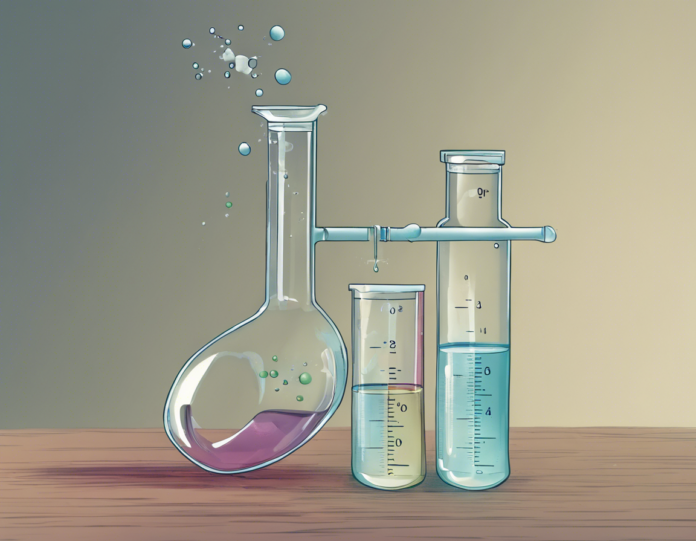The pH of a sodium chloride aqueous solution in distilled water is an interesting topic that delves into the behavior of salts in water and their effect on the pH of the solution. Let’s delve into the details of how sodium chloride affects the pH of water and what factors come into play.
Understanding pH and Acidity
Before we delve into the specifics of the pH of a sodium chloride solution in water, let’s have a brief overview of pH and acidity.
pH is a measure of the concentration of hydrogen ions in a solution. The pH scale ranges from 0 to 14, with values below 7 indicating acidity, 7 indicating neutrality, and values above 7 indicating alkalinity.
Acidity refers to the ability of a substance to donate protons or accept electrons. Acids are substances that can release hydrogen ions (H+) in solution.
Behavior of Sodium Chloride in Water
When sodium chloride (NaCl) is dissolved in water, it dissociates into its ions: sodium ions (Na+) and chloride ions (Cl-). These ions are hydrated by water molecules, meaning that water molecules surround the ions, effectively separating them from each other.
Effect on pH
-
Neutral pH: The pH of a sodium chloride solution in distilled water is around 7, which is considered neutral. This is because neither sodium nor chloride ions react appreciably with water to form ions that affect the pH of the solution.
-
pH Buffering: While sodium chloride itself does not significantly alter the pH of the solution, it can act as a buffer. A buffer solution resists changes in pH when an acid or base is added. This is particularly important in various biological and chemical processes where maintaining a constant pH is crucial.
-
Acidic and Basic Salts: It’s important to note that not all salts have a neutral pH when dissolved in water. Some salts can be acidic or basic depending on the ions they contain. For example, salts of strong acids and weak bases will result in an acidic solution, while salts of weak acids and strong bases will result in a basic solution.
Factors Influencing pH
Several factors can influence the pH of a sodium chloride solution:
-
Concentration: The concentration of the sodium chloride solution can affect its pH. Higher concentrations may slightly increase the acidity of the solution due to the common ion effect.
-
Temperature: Changes in temperature can impact the behavior of ions in solution, which may, in turn, influence the pH of the solution.
-
Presence of Other Ions: The presence of other ions in the solution can also affect the pH by interacting with the sodium and chloride ions.
FAQs (Frequently Asked Questions)
- Does sodium chloride raise or lower pH?
-
Answer: Sodium chloride in water has a neutral pH of around 7 and does not significantly alter the pH.
-
Can a sodium chloride solution act as a buffer?
-
Answer: Yes, a sodium chloride solution can act as a buffer, helping to maintain a constant pH.
-
Why is the pH of sodium chloride solution in water neutral?
-
Answer: The ions from sodium chloride do not significantly interact with water to affect the pH of the solution.
-
How does the concentration of sodium chloride affect pH?
-
Answer: Higher concentrations of sodium chloride may slightly increase the acidity of the solution due to the common ion effect.
-
Are there salts that can make water acidic or basic?
- Answer: Yes, salts of strong acids and weak bases can result in an acidic solution, while salts of weak acids and strong bases can result in a basic solution.
In conclusion, the pH of a sodium chloride aqueous solution in distilled water is neutral, around 7, due to the behavior of sodium and chloride ions when dissolved in water. While sodium chloride itself does not significantly alter the pH, it can act as a buffer in certain contexts. Understanding the behavior of salts in solution and their impact on pH is essential in various scientific and practical applications.

